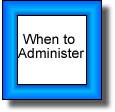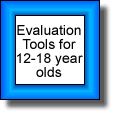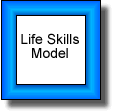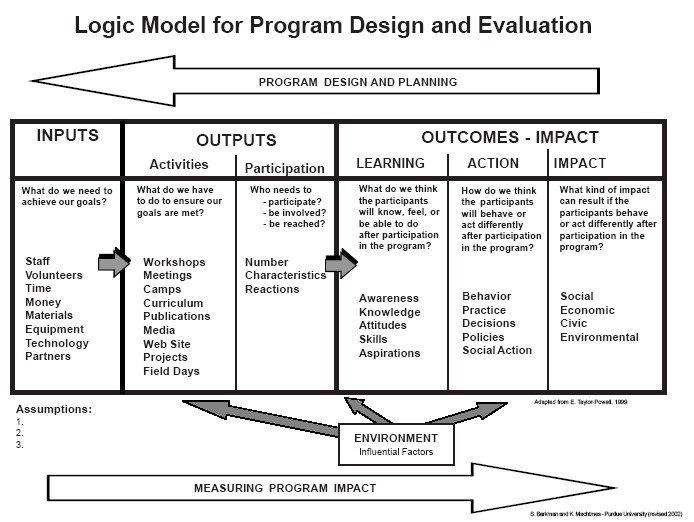 |
|||||||||
 |
|||||||||
 |
|||||||||
 |
|||||||||
 |
|||||||||
Life Skills Model

Why are Life Skills Important Skills for Youth to Develop?
When designing programs for youth, it is important to understand how youth develop and identifying those skills that contribute to the healthy development of youth. Life skills comprise the majority of competencies within the personal and social assets categories (i.e., physical development, intellectual development, psychological and emotional development, and social development; see Table 1) identified in the National Research Council and Institute of Medicine book on youth programs (Eccles & Gootman, 2002). According to the National Research Council and the Institute of Medicine youth need opportunities and support from their communities to develop these important personal and social assets in order for youth to become competent, contributing adult members of society. Youth do not need to possess all of the assets to thrive; however, having more assets is better than having a few. Also, continued exposure to positive experiences, settings, and people, as well as opportunities to gain and refine life skills, supports young people in the growth and acquisition of these assets (Eccles & Gootman, 2002).
These assets can be grouped into the “five Cs” identified by Lerner and his colleagues (Lerner, 2004; 2002; Lerner, Fisher, & Weinberg, 2000). These include (1) Competence in academic, social, emotional, and vocational areas; (2) Confidence in whom one is becoming (identity); (3) Connection to self and others; (4) Character that comes from positive values, integrity, and strong sense of morals; and (5) Caring and compassion. However, from a community youth development perspective, there is a sixth C,Contribution (Pittman, 2000; Lerner, 2004). By contributing to their families, neighborhoods, and communities, youth are afforded practical opportunities to make use of the other five Cs. These six C’s have helped clarify and provide some guidance to the positive youth development framework.
Through their curricula, program activities, and positive relationships between adult volunteers and youth, 4-H and other youth development programs provide the opportunities to gain and refine life skills that comprise personal or social assets or the 6 Cs. It has become increasingly important for youth development professionals to measure and document the impact of their programs; specifically in terms of youth increasing the number life skills that are so critical for a successful launch into adulthood.
There are many life skills models being used by 4-H and other youth development organizations. The model is not what is important; rather that specific life skills are identified and targeted in the curriculum and there is a systematic way of measuring their development as youth progress through the program.
One effective method for linking program design and evaluation is the program logic model. Program staff are encouraged to build and utilize logic models to describe the youth to be in the program, activities planned, and life skills targeted. A program logic model is a picture of how your program works - the theory and assumptions underlying the program. This model provides a roadmap for your program, outlining how it is expected to work, what activities need to come before others, and how desired outcomes are achieved. In simple terms, it gives a visual picture of what inputs and outputs are needed to achieve the desired outcomes.

A good resource for creating program logic models created by Dr. Susan Barkman is available by clicking here.
